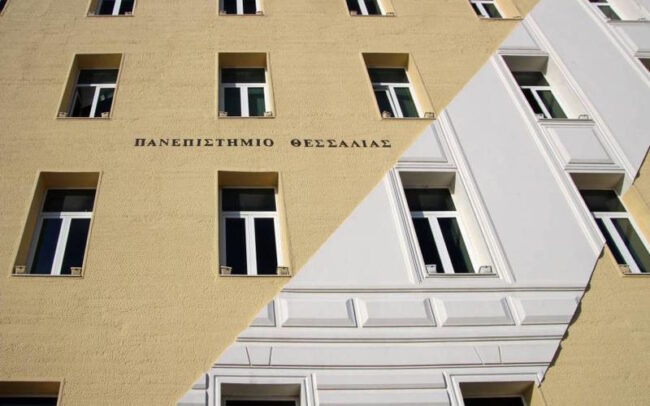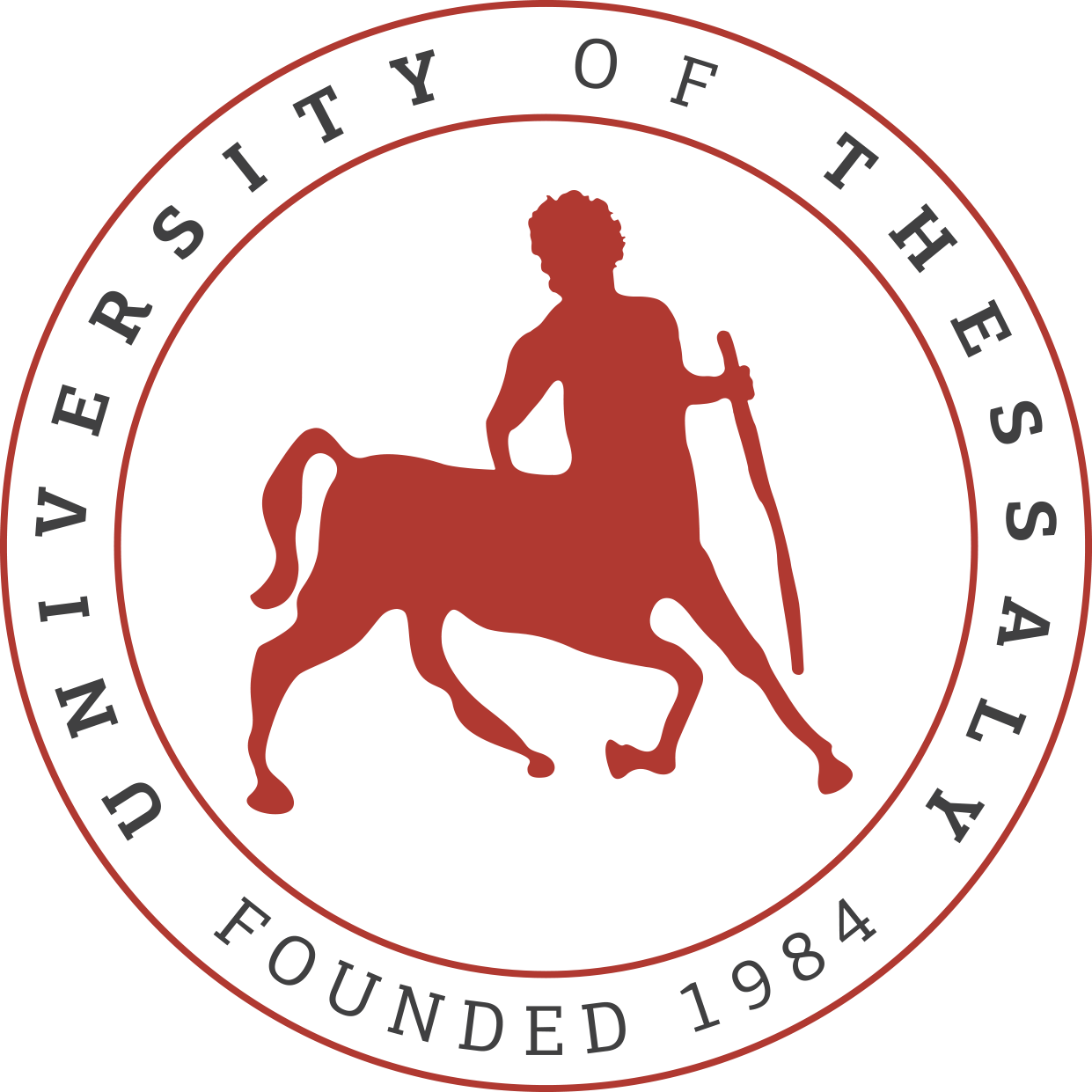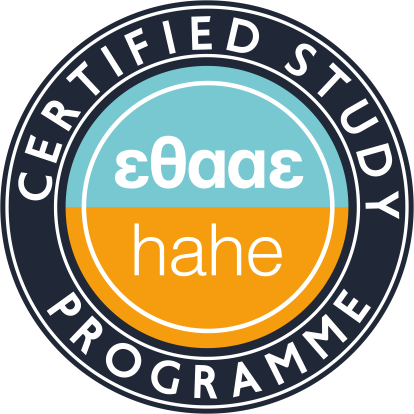3rd Semester – Seminar: Play, Creativity and Art: create, perform, reflect (workshop)

3rd Semester – Seminar: Play, Creativity and Art: create, perform, reflect (workshop)
ECTS Units: 6
Professor: Magos Kostas
1. LESSON CODE S5-X
SEMESTER OF STUDY THIRD SEMESTER
COURSE TITLE PLAY AND THE ARTS: EXPERIENTIAL AND REFLECTIVE APPROACHES
SELF-ENDED TEACHING ACTIVITIES
WEEKLY TEACHING HOURS 3
CREDIT UNITS 6
COURSE TYPE SEMINAR
PREREQUISITE COURSES:
LANGUAGE OF INSTRUCTION and EXAMINATIONS: Greek
THE COURSE IS OFFERED TO ERASMUS STUDENTS
COURSE WEBSITE (URL)
https://eclass.uth.gr/courses/ECE_P_105/
2. LEARNING OUTCOMES
Upon successful completion of the course, the student will be able to:
- To recognize the common characteristics of play with the arts.
- Distinguish and explain the pedagogical parameters of play and the arts.
- To plan and organize activities that combine various forms of art in the context of organized play with younger and older children.
- To apply methods of the reflective process in the context of teaching.
- To make use of experiential learning processes through the arts.
- Communicate effectively with younger children in play processes.
General Skills
- Search, analysis and synthesis of data and information, using the necessary technologies
- Adaptation to new situations
- Decision making
- Autonomous work
- Teamwork
- Work in an international environment
- Generating new research ideas
- Respect for diversity and multiculturalism
- Demonstrating social, professional and ethical responsibility and sensitivity to gender issues
- Exercise criticism and self-criticism
- Promotion of free, creative and inductive thinking
3. COURSE CONTENT
The workshops that will be held as part of the seminar are an invitation to experience the playful dimension of the arts (visual arts, dance, theater, music). The purpose of the seminar is to introduce students to concepts and pedagogical approaches that utilize creativity and the arts in playful learning. Students participate in experiential workshops in which different expressive media are used, in a way that leads to the reformulation of children’s relationship with art both in the context of the school and in a series of arts ‘places’. At the same time these workshops encourage reflection on the importance of the political and social role of the creative relationship of art with education. The exact content and workshop leaders will be announced at the beginning of each academic year.
4. TEACHING AND LEARNING METHODS – ASSESSMENT
DELIVERY METHOD
Face to face
USE OF INFORMATION AND COMMUNICATION TECHNOLOGIES
Use of T.P.E. in Teaching, in Laboratory Education, in Communication with students
TEACHING ORGANIZATION
Activity
Semester Workload
Choose
12 hours
Artistic Workshop
60 hours
Interactive teaching
8 hours
Writing assignment / assignments
70 hours
STUDENT EVALUATION
Formative Assessment: Artistic Interpretation and Public Presentation.
Final Assessment: Written Assignment.
Suggested Bibliography
Αυγητίδου, Σ. (Επιμ.) (2001). Το παιχνίδι. Σύγχρονες ερευνητικές και διδακτικές προσεγγίσεις. Αθήνα: Τυπωθήτω/Δαρδανός.
Πουρκός, Μάριος, (Eπιμ.) (2009). Τέχνη, Παιχνίδι, Αφήγηση: Ψυχολογικές και
Ψυχοπαιδαγωγικές Διαστάσεις. Αθήνα.
Swanwick, K. (2010). H Φύση και η Ανάπτυξη της Καλλιτεχνικής Γνώσης. Στο
Κανελλόπουλος, Π. Α. & Ν. Τσαφταρίδης (Eπιμ.), Η Τέχνη στην Εκπαίδευση – Η
Εκπαίδευση στην Τέχνη. Αθήνα: Νήσος.
SzekelyG. (2015). Play and Creativity in Art Teaching. New York: Routledge.
Savva A. & Erakleous V. (2018). Play-based art activities in early years: teachers’ thinking and practice, International Journal of Early Years Education, 26:1, 56-74.
International Journal of Play.
American Journal of Play.
The International Journal of Education through Art (IJETA).
International Journal of Early Years Education.


